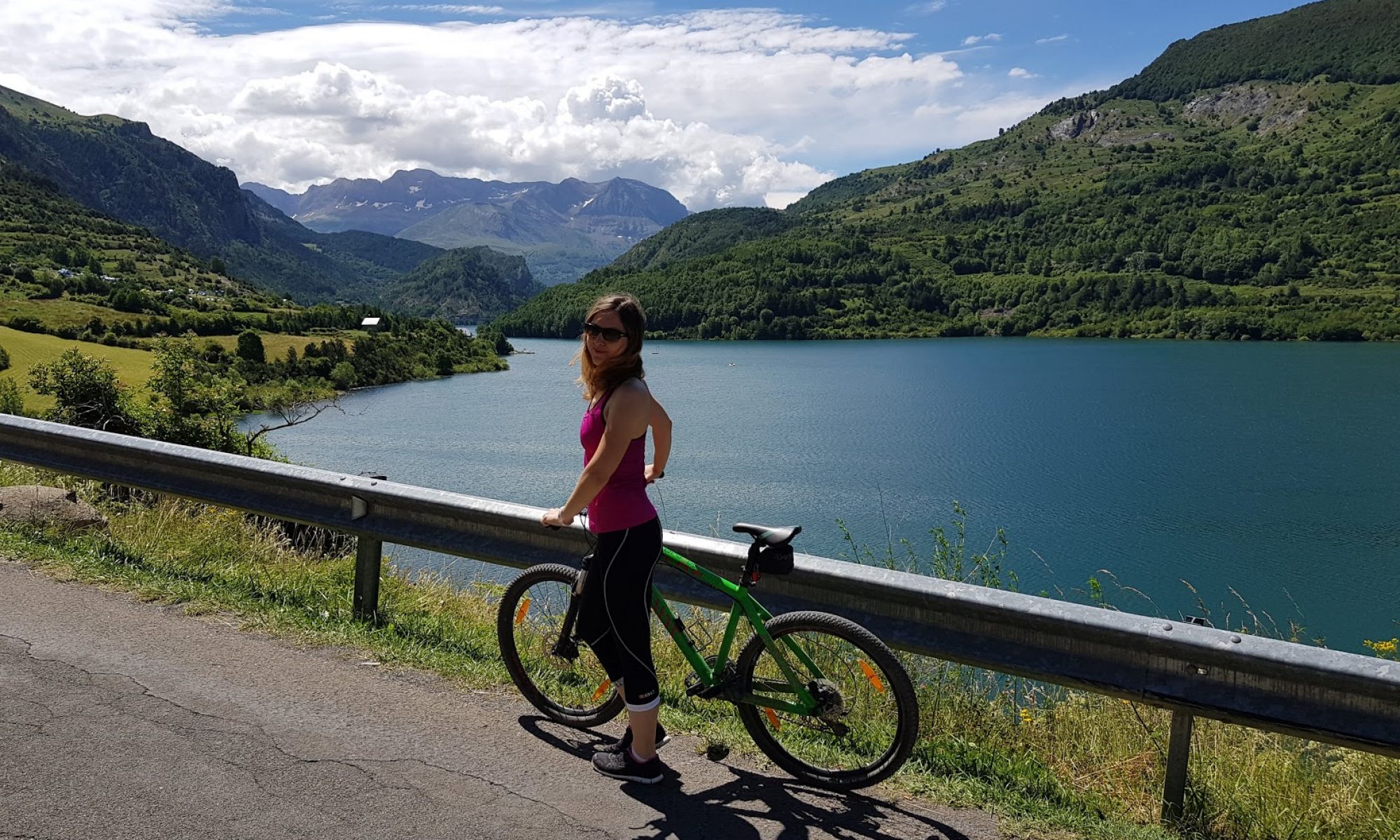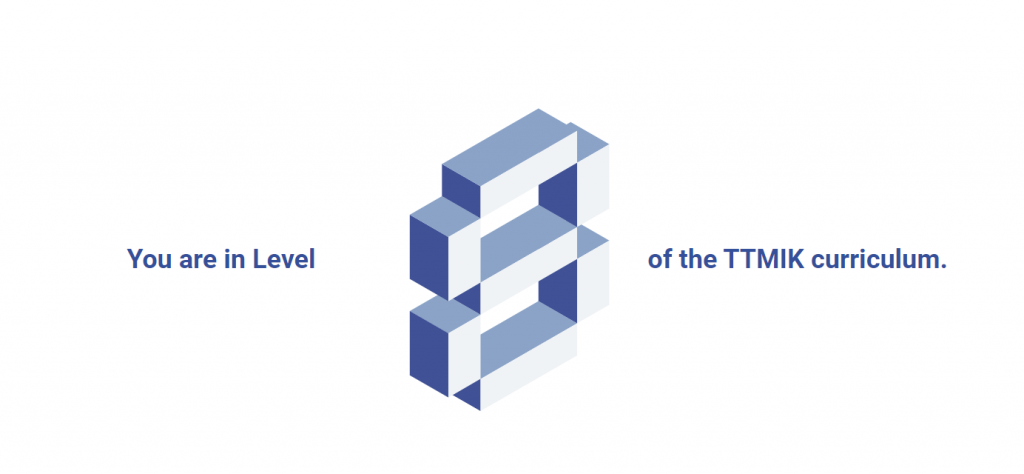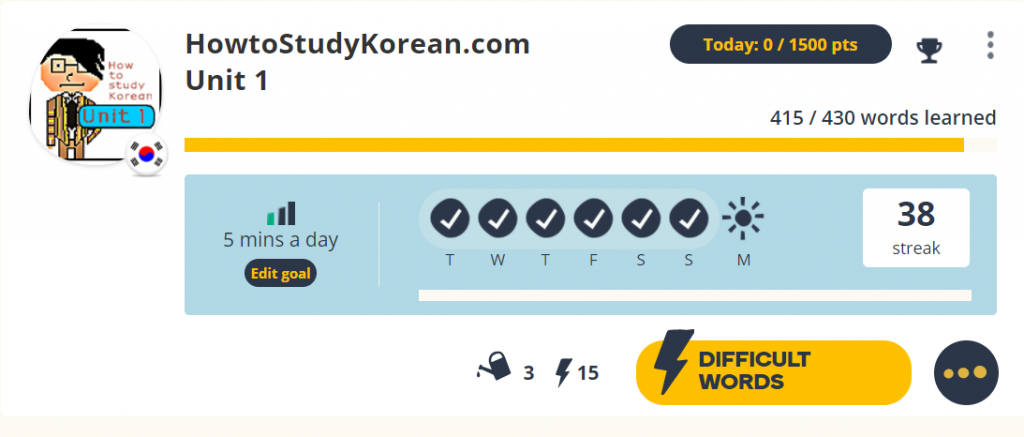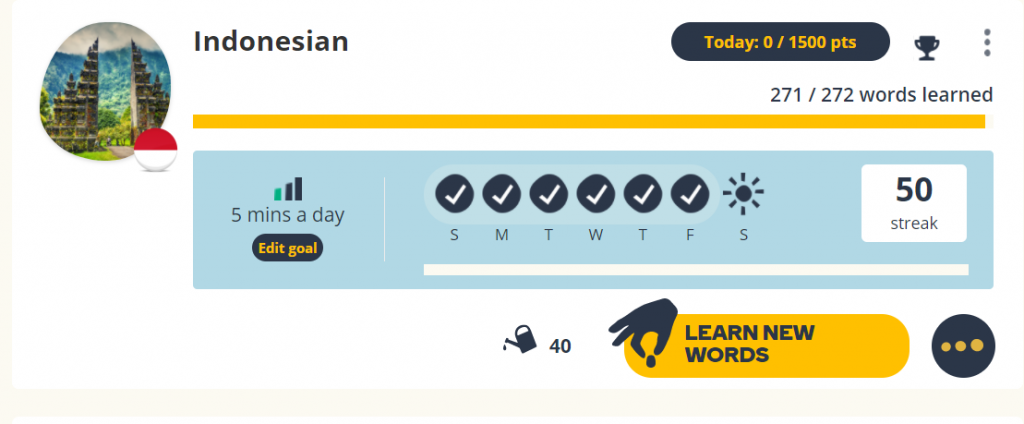This year has been really fluctuating for me in terms of my language learning goals and methods. I started the year fully focused on Mandarin Chinese, hoping to move to China by the end of the year. However, as the days went by and I realised that China won’t be opening any time soon my motivation kinda dropped.
I also got really absorbed in dancing and it was hard to juggle both hobbies and dedicate same attention to both, so by summer I was already slacking, but still trying to have a Mandarin class at least once a week.
Then we went to Korea in September and completely stopped with Mandarin lessons for a good few months. Original plan was to stay in Korea for a month, but after a week I already started looking for a language course because I felt I should be working on the language while I was there. I did find a pretty good language school called Winter Korean and started classes there on the next day, 3 hours a day. Original goal was to brush up on Korean which I haven’t studied since 2016 (OMG, 6 long years), and see how fast I can improve in a short time, and seeing my fast progress I’ve decided to stay for one more month and continue with 3 hours of Korean classes a day. However, I again forgot that language learning is a marathon and not a race, and when by the end of 2 months I still wasn’t satisfied with my level I had noone else to blame except myself. The school was also pretty laid-back, there was not so much homework (because noone except me was doing it) and there were no tests.
I did make good progress but it still wasn’t nowhere near where I wanted to be. Now that I’m back home I decided to try something new: instead of just self-studying grammar and vocab, I’ve found a new italki teacher and booked TOPIK preparation classes with her with main focus on writing. TOPIK is Korean equivalent of IELTS. It is the ultimate test for Korean learners that get graded levels 1-6, and getting past level 3 is already a feat. TOPIK language is very academic, the vocab is advanced, I’ve tried solving some past exam papers this week and they almost brought me to tears as it was so out of the comfort zone of easy Sogang books which we used at Winter Korean. I’m trying not to lose motivation and keep telling myself that with time these complicated grammar points and words will start making sense, I just have to keep on pushing.
To be honest, I don’t even have an intention of applying to TOPIK exam right now, because they only do these exams twice a year – in spring and autumn and I’m usually travelling in those times. The only goal why I decided to study for it is to challenge myself and grow as a language learner. In the beginning I was just concentrating on spoken language, saying who needs the academic language, who needs complicated writing when the main point is understanding people. But right now I’d like to try something new, because I feel that I stopped progressing and was kinda stuck in my old ways of just stringing simple sententences together and being able to only communicate daily life, not being able to have a conversation on deeper topics. I find it hard to write 600 words on a topic such as “my thoughts on whether economic freedom leads to happiness” and the main reason for that is because writing was never my focus. Until now.
At the same time, as I finally settled in the routine of being home and self-studying this week, I started dabbling in Chinese again and tomorrow is the first class after a loooong time. I spent at least an hour today watching Shuoshuochinese, Yoyochinese and even read a story on Duchinese and it felt good. Hope it continues this way and I can keep growing in all directions 🙂




